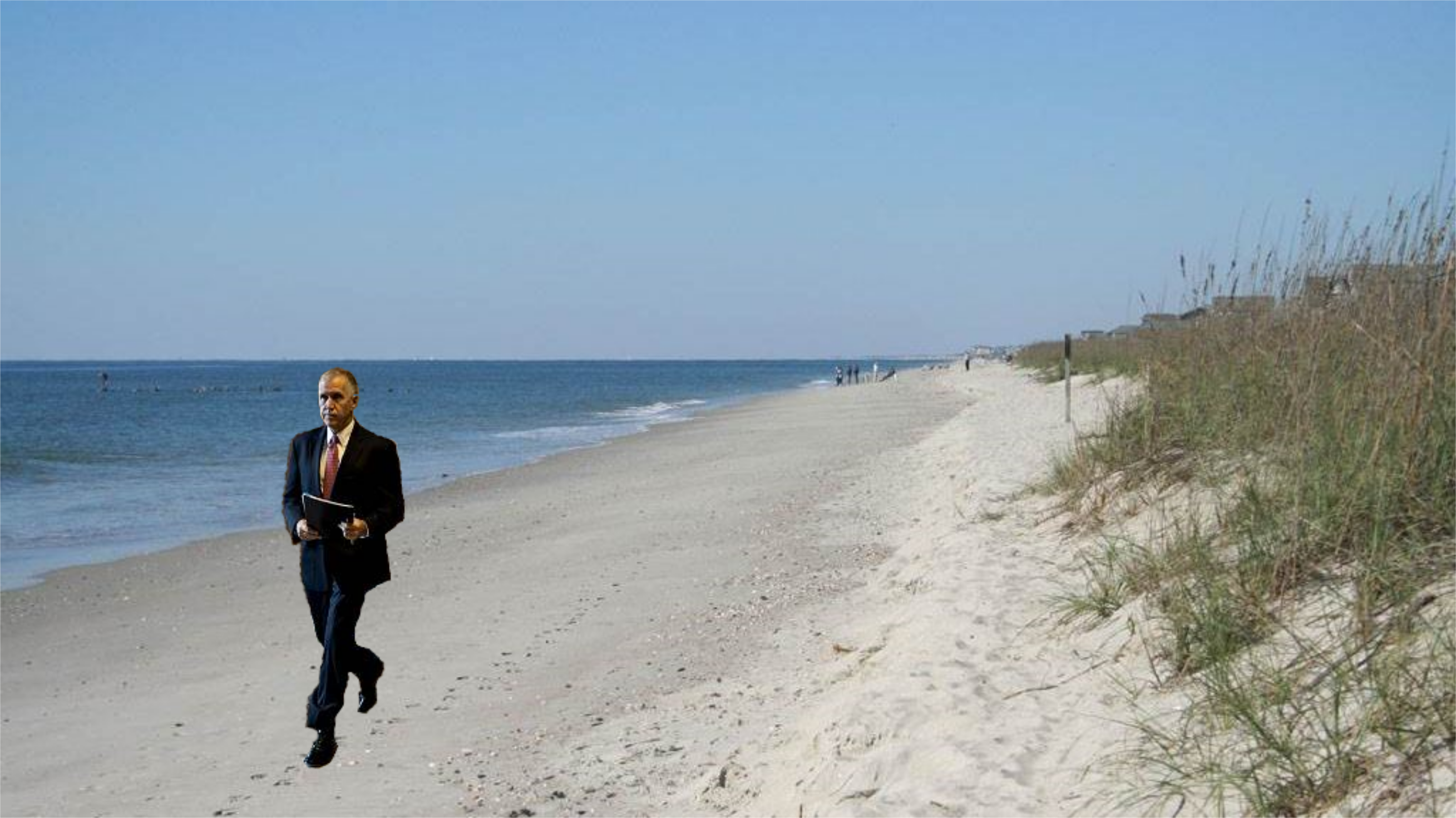Yesterday the Trump Administration unveiled its proposed budget for fiscal year 2020. This budget contains steep cuts research, education, and social services in order to fund the construction of the border wall. Chief among the cuts is an unprecedented reduction in funding for NOAA, which functionally disbands several core research programs within Ocean Services. From A Budget for a Better America:
“The Budget also proposes to eliminate funding for several lower priority NOAA grant and education programs, including Sea Grant, Coastal Zone Management Grants, and the Pacific Coastal Salmon Recovery Fund.”
A Budget for a Better America, page 21
Rumblings on the hill suggest that Secretary of Commerce Wilbur Ross plans to unveil his own plan to drastically reduce the budget of the National Oceanic and Atmospheric Administration and permanently hamstring NOAA in furtherance of the Administration’s goal to find funding to construct a wall on the US southern border.
These cuts include zeroing out the budget for the following agencies and programs:
- NOAA SeaGrant
- NOAA Coastal Zone Management Program
- National Centers for Coastal Ocean Science (NCCOS)
- Pacific Salmon Restoration Program
- Potentially at least one fisheries laboratory
These cuts would be catastrophic America’s Coastal Communities and Economies, especially in places like North Carolina, Maryland, and Louisiana.
In North Carolina, partnerships between NOAA and North Carolina Universities, small businesses, and private industry, are critical for developing healthy and prosperous ocean communities. Senator Thom Tillis, who voted in support of the President’s emergency declaration to construct the border wall despite significant opposition from his constituents, has place North Carolina’s economy at risk.
No project better illustrates the value that NCCOS and NOAA as a whole provide to the people of North Carolina than the development of offshore wind power in the Outer Banks. This program involve collaboration between NOAA, the Bureau of Ocean Energy Management, the University of North Carolina, and numerous North Carolina-owned businesses throughout the state. This means hundreds of jobs and millions of dollars injected into the North Carolina economy. It also helps to meet the demands of the America First Energy Policy by promoting energy independence for the southeastern United States.
North Carolina has the highest wind resource job creation potential of any state on the Atlantic coast, with an estimated 48,000 new jobs supported by offshore wind. These include wind farm workers, as well as turbine manufacturers, engineers, environmental scientists, and support and service personnel. This emerging industry is essential for securing North Carolina’s future as a technology leader and is critical for developing energy independence to meet the needs of the President’s America First Energy Plan. These programs do not exist without the support and expertise of NOAA and the National Centers for Coastal Ocean Science.
Senator Tillis’s vote in support of the President’s Border Emergency Declaration places North Carolina’s economic future in jeopardy. Along with the 48,000 new jobs potentially lost as the agencies responsible for shepherding these projects into production are defunded, Senator Tillis’s vote threatens the $238,000,000 fisheries, aquaculture, and seafood industries which rely on NOAA data, assessment, and management as well as the $1.9 billion coastal tourism industry which depends on healthy and vibrant oceans.
As the dissenting vote that prevented a veto-proof majority, Senator Tillis bares the full responsibility for the effects the defunding critical NOAA programs will have on North Carolina’s ocean and economy. By voting against Joint Resolution 46, Senator Tillis has inadvertently placed North Carolina’s economic future in jeopardy. The Senator now has a duty to protect his constituents from the disastrous effects of his ill-advised vote.
In Maryland, 4,300 jobs depend on the work NOAA does to support healthy, productive fisheries. Fisheries, aquaculture, and seafood account for over $200 million of Maryland’s economy. An additional $5 billion comes from ocean-based tourism and recreation, an industry that depends on a healthy ocean and a healthy Chesapeake Bay.
For 30 years, Senator Barbara Mikulski has been an unwavering defender NOAA, the Chesapeake Bay, and America’s oceans. Senator Chris Van Hollen has some big shoes to fill but we hope he can continue his predecessor’s legacy and protect America’s oceans and coastlines while building strong and resilient coastal communities through the National Centers for Coastal Ocean Science. Senator Van Hollen can use his position on the Senate Budget Committee to protect NOAA’s funding and safeguard the Chesapeake Bay and our countries oceans.
Tweet about it! Will you continue to protect NOAA’s funding and safeguard the Chesapeake Bay and our country’s oceans, @VanHollenForMD?
[Update: Senator Van Hollen’s office reached out to me to express and re-confirm the Senator’s commitment to ensuring funding for NOAA]
As the representative of Maryland’s First District, Congressman Andy Harris’s constituency includes the thousands of fishermen whose livelihoods depend on the continued health of the Chesapeake Bay. NOAA research is essential for managing Maryland’s fisheries and understanding the changes taking place in America’s largest estuary. As recently as the last congressional session, Congressman Harris called on NOAA to conduct more research on the impacts offshore energy development could have on the state’s coastal fisheries.
Without funding for NOAA, Chesapeake Bay communities would lose the safeguards which ensure a healthy bay and productive fisheries.
Louisiana stands to lose the most, literally and figurative, as NOAA and NCCOS play a central role in understanding the environmental impacts of the Mid-Barataria Sediment Diversion. This program will redirect a portion of the Mississippi River to reduce erosion and help slow the loss of Louisiana’s coastline. This work is critical for protecting Louisiana’s coastal communities and ensuring healthy and productive fisheries. NOAA is responsible for the only comprehensive assessments as part of the Mid-Barataria Sediment Diversion.
Senator John Kennedy sits on the Senate Budget Committee and will play a key role in producing the final Federal Budget based on the Administration’s recommendations. We call on Senator Kennedy to reject these drastic and ill-advised cuts to NOAA’s budget and protect his constituents, their livelihoods, and the future of Louisiana’s Ocean Economy.
